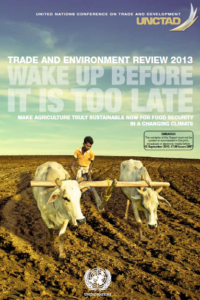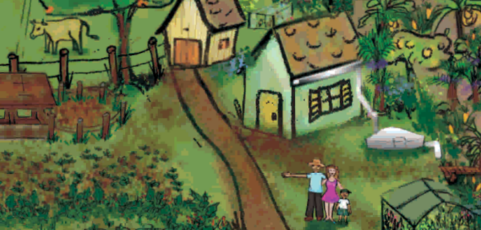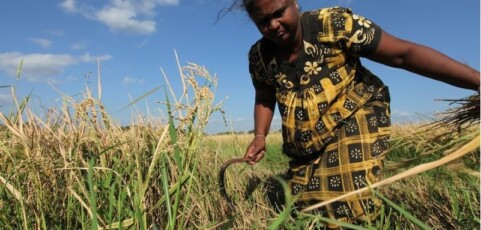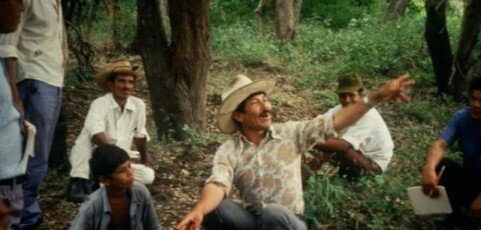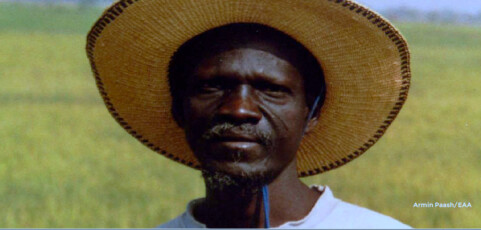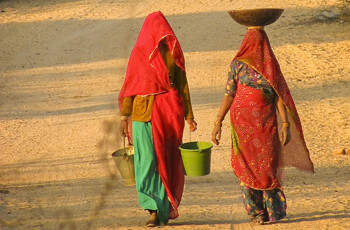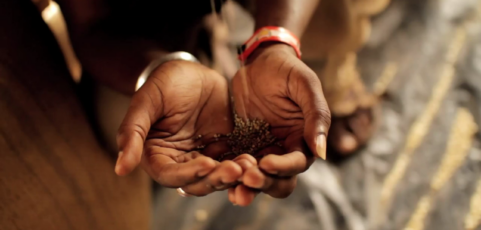Brazil launches the Agroecology Plan and Organic Production. It was announced by the President Dilma Rousseff the 17 October, during the Second National Conference on Sustainable Rural Development, in Brasilia. The Plan aims to coordinate policies and actions for an environmental-friendly agriculture and the organic food production, with an initial investment of 8.8 billion allocated to 125 initiatives all over the country.
This is the result of an intense dialogue between the government and civil society representatives gathered in the national committee that was established by presidential decree in 2012 in order to develop the Plan.
Just one day prior to the announcement, the Ministry of Agriculture, in Brasilia was occupied by the protest of the Brazilian farmers demanding “global action on food sovereignty” as part of World Food Day celebrations.
Although civil society proposals have not been fully included in the final version of the document, there is a general consensus on the fact that the Plan marks an historic moment, an important step foward in the direction of a more sustainable peasant agriculture, especially in a country such as Brazil where the agribusiness model still keeps on maintining a great influence on government policies, due to its economic importance.
See also:
- http://aspta.org.br/2013/10/dilma-lanca-plano-nacional-de-agroecologia-e-producao-organica/
(article in Portuguese) - The Agroecology Plan: Brasil Agroecológico Plano Nacional de Agroecologia e Produção Orgânica
(PDF in Portuguese) - The official presentation (PDF in Portuguese)
Brasil Agroecológico. A video produced by the Brazilian governemnt for the launching of the Plan.

